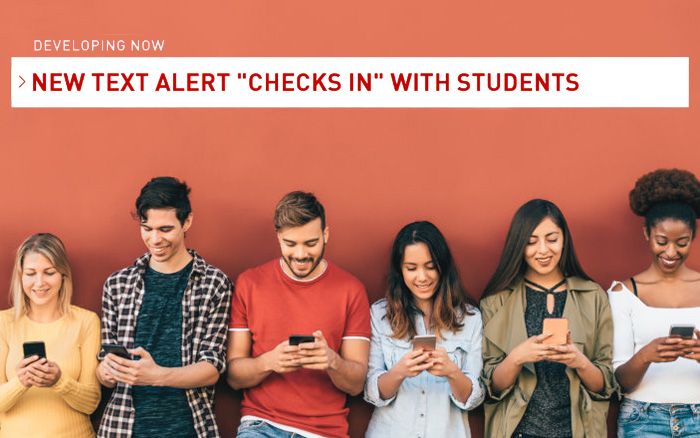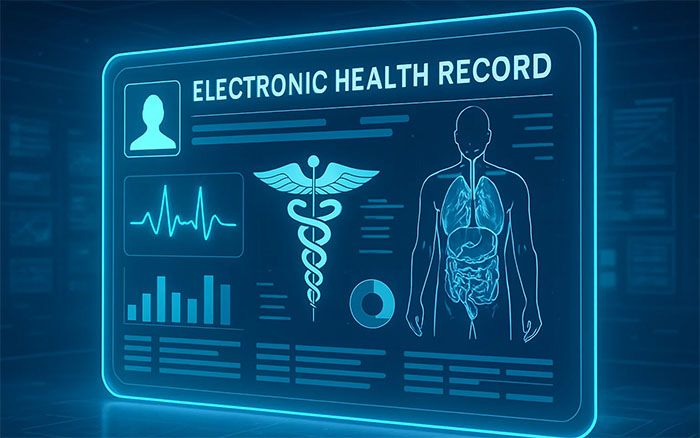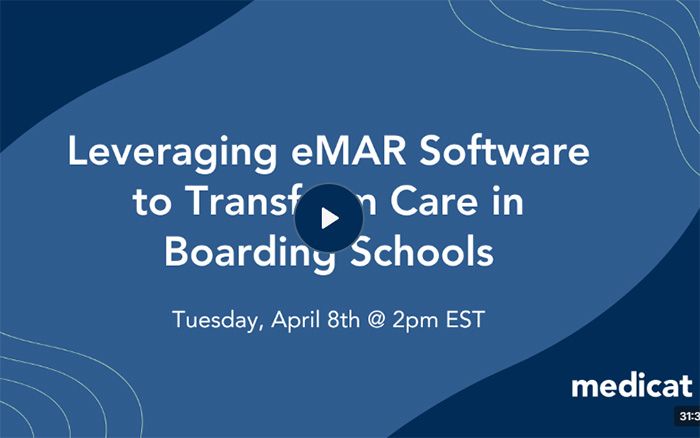Protecting Student Health Data:
A Deep Dive into SOC 2 Compliance
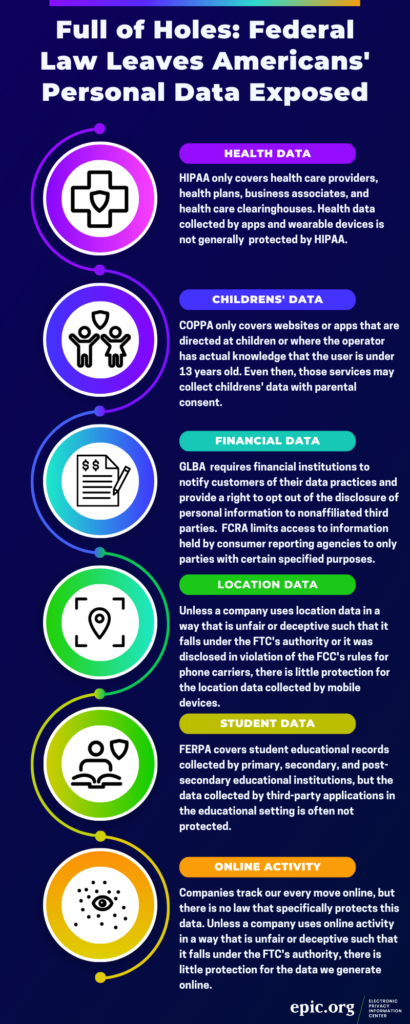
Data privacy is a critical concern in today’s digital age, especially when it comes to sensitive information like electronic health records (EHR) in college settings. SOC 2, which stands for Service Organization Control 2, is a set of protocols and controls developed by the American Institute of Certified Public Accountants (AICPA). It’s specifically designed to assess and audit the security, availability, processing integrity, confidentiality, and privacy of data handled by service organizations, including EHR software providers.
With the increasing reliance on technology in healthcare, it’s crucial for colleges to understand the basics of data privacy in college EHR systems, the benefits of SOC 2 compliance, and how to establish robust data privacy protocols.
A+ for Security: How SOC 2 Compliance Safeguards College EHRs
Achieving SOC 2 compliance is crucial for companies like Medicat that handle sensitive student data. A breach or unauthorized access to patient information can have severe consequences, including identity theft, medical fraud, and compromised patient care. By complying with SOC 2 protocols, colleges can demonstrate their commitment to safeguarding patient data and ensure that the highest standards of security and privacy are maintained.
Furthermore, SOC 2 compliance is often a requirement for colleges that provide healthcare-related programs or research. Many regulatory bodies, such as the Health Insurance Portability and Accountability Act (HIPAA), require institutions to implement adequate security measures to protect patient data. SOC 2 compliance serves as a validation that the college’s EHR systems meet these stringent requirements.
The Differences Between SOC 1 and SOC 2, Plus Type I and Type II Reports
SOC 1 and SOC 2 are distinct report types within the Service Organization Control (SOC) framework, which is designed to evaluate and disclose controls and security practices. SOC 1 compliance focuses on controls pertinent to financial reporting, primarily relevant for service providers affecting their client’s financial statements, such as payroll processors or financial institutions.
Conversely, SOC 2 compliance addresses controls encompassing security, availability, processing integrity, confidentiality, and privacy. SOC 2 applies to service organizations like colleges and health centers that manage sensitive data, without a direct impact on financial reporting. In essence, SOC 2 compliance provides assurance that the organization has implemented protective measures to safeguard sensitive information and maintain the reliability of its systems.
Within the SOC 2 umbrella, there are two types of reports: Type I and Type II. Type I acts as an assessment of an organization’s compliance posture at a single point in time.
In addition, SOC 2 Type II (the certification held by Medicat) is a continuous assessment of an organization’s security controls, processes, and practices. Instead of just capturing compliance at one particular moment in time, a Type II Report evaluates security protocols over a multi-month period to ensure ongoing compliance.
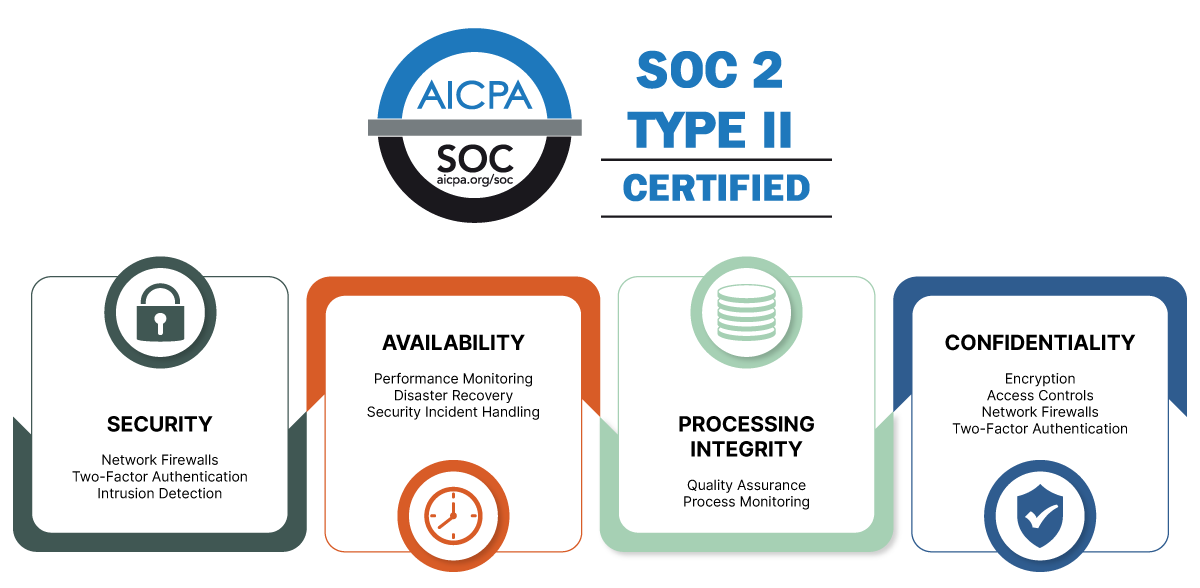
Benefits of SOC 2 Compliance for College EHRs
SOC 2 compliance is a widely recognized framework for assessing the security, availability, processing integrity, confidentiality, and privacy of an organization’s systems. When colleges comply with SOC 2 standards, they demonstrate their commitment to safeguarding personal health information (PHI). Achieving SOC 2 compliance offers numerous benefits beyond meeting regulatory requirements. Some of the key benefits include:
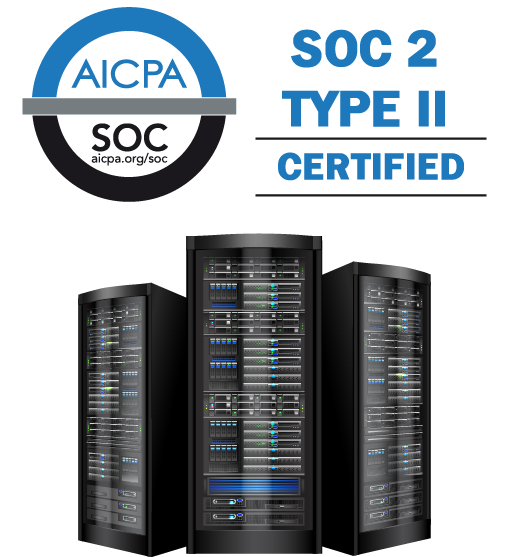
- Enhanced Data Security: SOC 2 compliance ensures that robust protocols and controls are in place to protect patient data from unauthorized access, breaches, and data loss. This enhances the overall security posture of the college’s EHR systems and safeguards sensitive information.
- Improved Reputation and Trust: SOC 2 compliance serves as a validation of the college’s commitment to data security and privacy. It helps build trust among stakeholders, including patients, healthcare providers, regulatory bodies, and funding organizations.
- Competitive Advantage: SOC 2 compliance can give colleges a competitive edge when competing for healthcare-related programs, research grants, and partnerships. It demonstrates the college’s ability to handle sensitive data securely and responsibly.
- Reduced Legal and Financial Risks: Non-compliance with data security regulations can result in significant legal and financial consequences, including fines, penalties, and lawsuits. Achieving SOC 2 compliance mitigates these risks and helps protect the college from potential liabilities.
- Streamlined Operations: SOC 2 compliance requires colleges to implement robust processes and controls, which can lead to improved operational efficiency. This includes standardized workflows, enhanced data management practices, and streamlined incident response procedures.
Compliance with SOC 2 standards also helps colleges identify and address any weaknesses in their data privacy protocols. Through the audit process, colleges gain insights and recommendations for improving their EHR systems’ security and privacy measures.
In an increasingly digital world, students and their families are becoming more conscious of data privacy. By demonstrating SOC 2 compliance, colleges can earn the trust of those who value their privacy and security.
Key Takeaways
- Ensuring the confidentiality of student health information is paramount within college EHR systems. To safeguard students’ data effectively, achieving SOC 2 compliance is essential.
- By prioritizing data privacy and following best practices, colleges can ensure the security and confidentiality of student health records, instilling trust among stakeholders and maintaining compliance with regulations.

